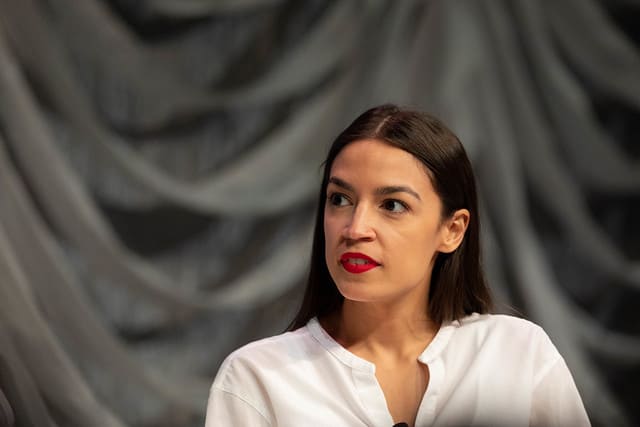
Gilead CEO Daniel O’Day challenged over patents on PrEP drug Truvada
pharmafile | May 17, 2019 | News story | Medical Communications | Gilead, HIV, PrEP, Truvada, patent, pharma
On 16 May, Gilead CEO Daniel O’Day was grilled over the $1,780 price tag on PrEP drug Truvada in a US congressional hearing. At a cost of more than $21,000 a year, the preventative-HIV drug is 222 times more expensive in the US than it is in Australia, where it costs just $8.
Explaining the price discrepancy, O’Day said: “Truvada still has patent protection in the United States, and in the rest of the world it is generic. It will be generically available in the United States as of September 2020.”
High prices are not unique in the industry; however, in the case of Truvada, the high price is just one aspect of a complex intellectual property dispute.
Truvada was first developed by Gilead as a treatment for HIV. The HIV drug was later tested in government-funded studies as a pre-exposure prophylaxis (PrEP) drug, during which period Dr Robert Grant, from the University of California and Dr Thomas Folks from the CDC found that it prevented new HIV infections. The CDC patented Truvada as a PrEP drug in 2006.
Truvada’s newfound use as a PrEP drug was first discovered in a CDC primate research lab in Atlanta. The researchers received $50 million in federal funding for their research. While Gilead provided free samples of the drug, the CDC researchers’ findings led directly to Gilead winning approval to market Tuvada as a preventative HIV drug in 2012.
As of yet, the US Government and Gilead have not reached an agreement over royalties on the sale of the drug. Dr Folks commented: “With the amount of effort and time and taxpayer money that went into it, for CDC and Gilead not to come to an agreement so the taxpayer could get some of that money is really unconscionable.”
However, Gilead argues the government’s patent is invalid. “Our well-supported view is that the US Government does not hold valid patents on the use of Truvada for pre-exposure prophylaxis (PrEP), nor does it hold any patent for Truvada itself,” O’Day said.
Christopher Morten, a patent expert and fellow at Yale Law School, disagrees: “I have no reason to believe that these patents are not valid and enforceable, and moreover, they seem to be infringed [by Gilead] by the use of Truvada for PrEP. These are public assets that were generated with public money that effectively are going to waste here.”
Gilead argues that their scientists had been researching the drug before the CDC filed its patent in 2006. “CDC scientists claim that they conceived of the idea to use Truvada for PrEP by February 2006; the HIV community has known since the 1990s that antiretroviral drugs like tenofovir disoproxil fumarate (a component of Truvada) suppress HIV replication,” O’Day added. “We have chosen not to challenge those [CDC] patents because we value our collaborative relationship with the agency.”
House Oversight Committee Chairman, Elijah Cummings, said: “This treatment was developed as a result of investment made by the American taxpayers. The problem is that Gilead, the company that now sells the drug, charges astronomical prices.”
Louis Goss
Related Content

Gilead and Merck share data from phase 2 trial of HIV treatment
Gilead Sciences and Merck (known as MSD outside of the US and Canada) have announced …

ViiV Healthcare shares interim data from phase 3 trial for injectable HIV treatment
ViiV Healthcare has announced results from an interim analysis of the phase 3 LATITUDE trial, …

China’s NMPA approves ViiV Healthcare’s Vocabria in combination with Rekambys for HIV treatment
ViiV Healthcare has announced that the National Medical Products Administration (NMPA) of China has approved …








